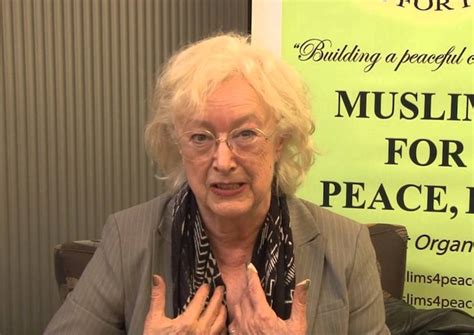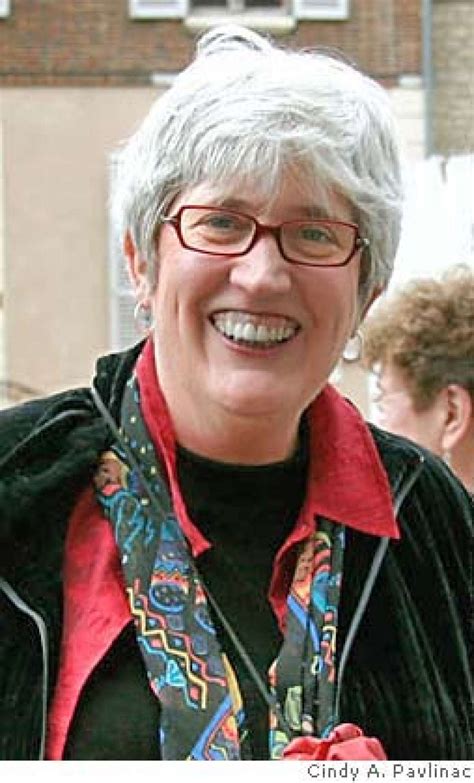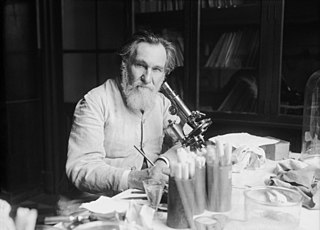A Quote by Ayana Mathis
The ways in which theological constructs pose questions about what it is to be a human being on this earth are deeply elegant and deeply interesting to me. I may not always agree with the answers religion offers, but I take great interest in the questions it poses.
Related Quotes
Indeed, the only truly serious questions are ones that even a child can formulate. Only the most naive of questions are truly serious. They are the questions with no answers. A question with no answer is a barrier that cannot be breached. In other words, it is questions with no answers that set the limit of human possibilities, describe the boundaries of human existence.
Most people believe that great leaders are distinguished by their ability to give compelling answers. This profound book shatters that assumption, showing that the more vital skill is asking the right questions…. Berger poses many fascinating questions, including this one: What if companies had mission questions rather than mission statements? This is a book everyone ought to read—without question.



































